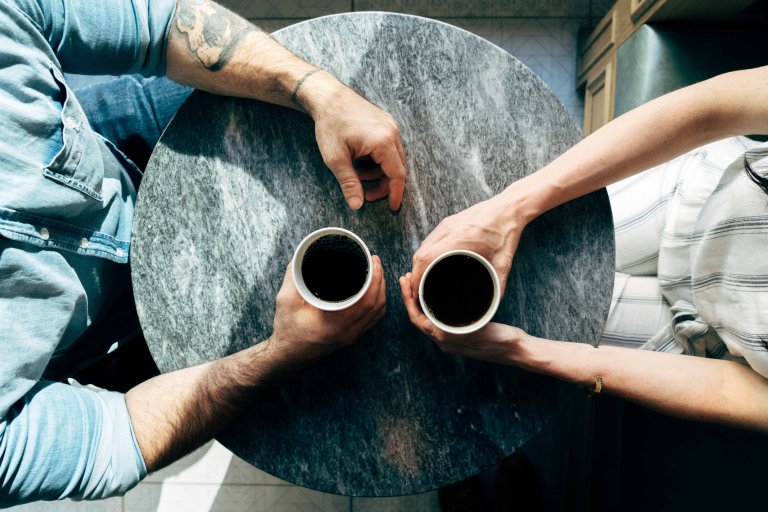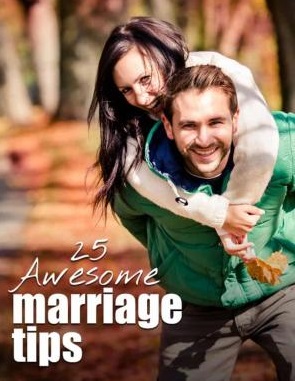THE HONEST PATH TO FINDING A LIFELONG PARTNER WITH RACHEL RUSSO
Kyle Benson
I’ll be honest, dating can be difficult. It’s not uncommon to feel overwhelmed with the number of possible ways to find a life partner, with deciding whether to go on a second date or cancel and eat Ben and Jerry’s Chocolate Therapy, or with knowing when to commit to someone. It can feel like a game you just don’t want to play.
That’s why I sat down with Rachel Russo, New York City matchmaker and dating coach, to discuss how you can find someone to create a lifelong partnership with.
In our interview, Rachel and I tackled:
- The most common troubles people have when dating and how to solve them
- Handling rejection and how to honestly reject others in a mature way
- How to take advantage of current dating spaces, both real-world and online
Common Dating Troubles
Years ago I wrote about my frustrations with being a first dateprenuer. I felt lost in a maze called dating, only to find myself running into dead-ends because my dates weren’t “perfectly compatible.”
And that’s a problem.
As soon as I would finish a first date, even on my way back to my car I’d already be back to swiping on dating apps and seeing who else was out there. With the appearance that everyone and their grandmother were available, I believed I had millions of choices.
I fantasized about all the amazing women I could possibly get along with. In essence, I was always looking for something better.
The problem is that this way of dating plays right into what is called the Paradox of Choice. It’s when you have so many options, you actually choose NOT to choose.
This is a perfect example of one of the struggles with dating. You go on a date, you connect with someone, but then you’re worried about missing out on someone even better. Even if the person you’re on a date with is amazing, you’re worried about not connecting with Janice or Jacob who might be, in your mind, a potentially better fit.
In the interview, Rachel points out that if you can get 80% of what you want in a partner, you should stop looking and start committing. Research on long-term committed relationships support this by highlighting that 69% of relationship problems never go away. Ironically, this doesn’t prevent your relationship from thriving.
“[W]hen choosing a long-term partner.. [you are also choosing] a particular set of irresolvable problems that you’ll be grappling with for the next ten, twenty, or even fifty years.” – Daniel Wile, After The Honeymoon
To learn more about the more common troubles of dating, watch the interview here.
The Upside of Healthy Rejection

Have you ever thought about the language of rejection in romantic relationships?
“She broke my heart” or “He hurt my feelings” or “Her cheating was like a stab in the back.”
“When human beings experience threats or damage to their social bonds, the brain responds in much the same way it responds to physical pain.” Matthew Liberman – Social: Why Our Brains Are Wired to Connect
Our attachment system, a primal survival system, is designed to keep you close to others for your safety. After all, your ancestors who stayed closer to the tribe tended to survive long so they could procreate. Essentially, we are hardwired for connection.
This is why rejection is so painful.
But that doesn’t mean it’s wrong or unhealthy. Just because something doesn’t feel good doesn’t mean it’s not good for you.
People who build muscle in a gym tend to undergo difficult workouts and associate a positive meaning to the unpleasant sensations involved, which makes it easier to tolerate.
“This is the skill that’s perilously missing today: the ability to de-couple meaning from feeling, to decide that just because you feel something, it doesn’t mean life is that something.” – Mark Manson, F*ck Your Feelings
You cannot change how icky rejection feels if you do it to someone else or how hurt you might feel if you get rejected by someone you like. What you can change is the meaning. Which paradoxically makes your feelings easier to tolerate. This is classic Cognitive Behavioral Therapy (CBT).
Let’s look at this as an example:
Let’s say that Alex is interested in taking Lucy on a date. Alex saw her in a coffee shop, and he thought she was beautiful. He walks up to her and says, “Hey there… [slightly awkward small talk]… I was wondering if I could take you out on a date?”
Lucy is not interested in dating someone since she just got out of a 3-year relationship and wants time to focus on herself and her career.
Would it be better for Lucy to agree to go to on the date, even though she is not interested, or would it be better for Lucy to be honest with Alex and tell him that she’s flattered, but isn’t in a space to date at this point in time?
If you think the latter is better, Rachel and I would agree.
Agreeing to go on a date in order to not hurt someone’s feelings will, in the end, hurt their feelings more than it would have if you had been honest and kind and tactfully rejected them in the first place.
As Rachel says, it is far worse to string someone along and waste their time than it is to just be honest about what you may or may not be looking for. This also means NO GHOSTING or benching.
Being rejected shows you who is and isn’t for you. Rejection can enable you to find someone who will meet your needs and someone whose needs will be met by you.
Find out more by watching our interview.
Dating Niches Have the Riches

With the plethora of online dating options, you may choose one of the more prevalent apps such as Hinge, Bumble, Tinder, or Match.
While these apps are great, they also put you in a large dating pool with people who have a wide range of interests, which makes it harder to sort through who will be a good fit for you. This means more effort on your end.
Luckily, there are websites that help filter for certain values such as fitness and physical health, mindfulness, and more.
It’s also helpful to think about demographics and dating.
“If you are like most [people], the most important decisions you make about [dating] won’t feel like [a dating] decision at all. Where you decide to live, study, work and hang out are not just random, superficial lifestyle choices…The fact is, you can’t meet the right [partner] if you’re in the wrong place. This means that your city, your college campus, your workplace, your gym, and your favorite coffee shop are not just physical locations. They’re what scientist call ‘mating markets.’” – Tucker Max and Dr. Geoffrey Miller – Mate: Become the Man Women Want
Essentially, the best dating advice is to make dating an extension of your personal life because your local dating zone comprises all of the potential partners whose dating zones overlap with yours. 1
And when you’re having fun doing things you love, you’re probably way more attractive than if you are doing things you don’t enjoy.
Every city, every local store reflects a culture with specific values. Finding a culture that shares your core values is going to make it easier to find a partner who shares those values.
In summary, the best strategy to authentically finding a life partner is to understand yourself and use that information to do social activities that lead to connections with other people who have similar values as you do.
Watch the interview above for more.




